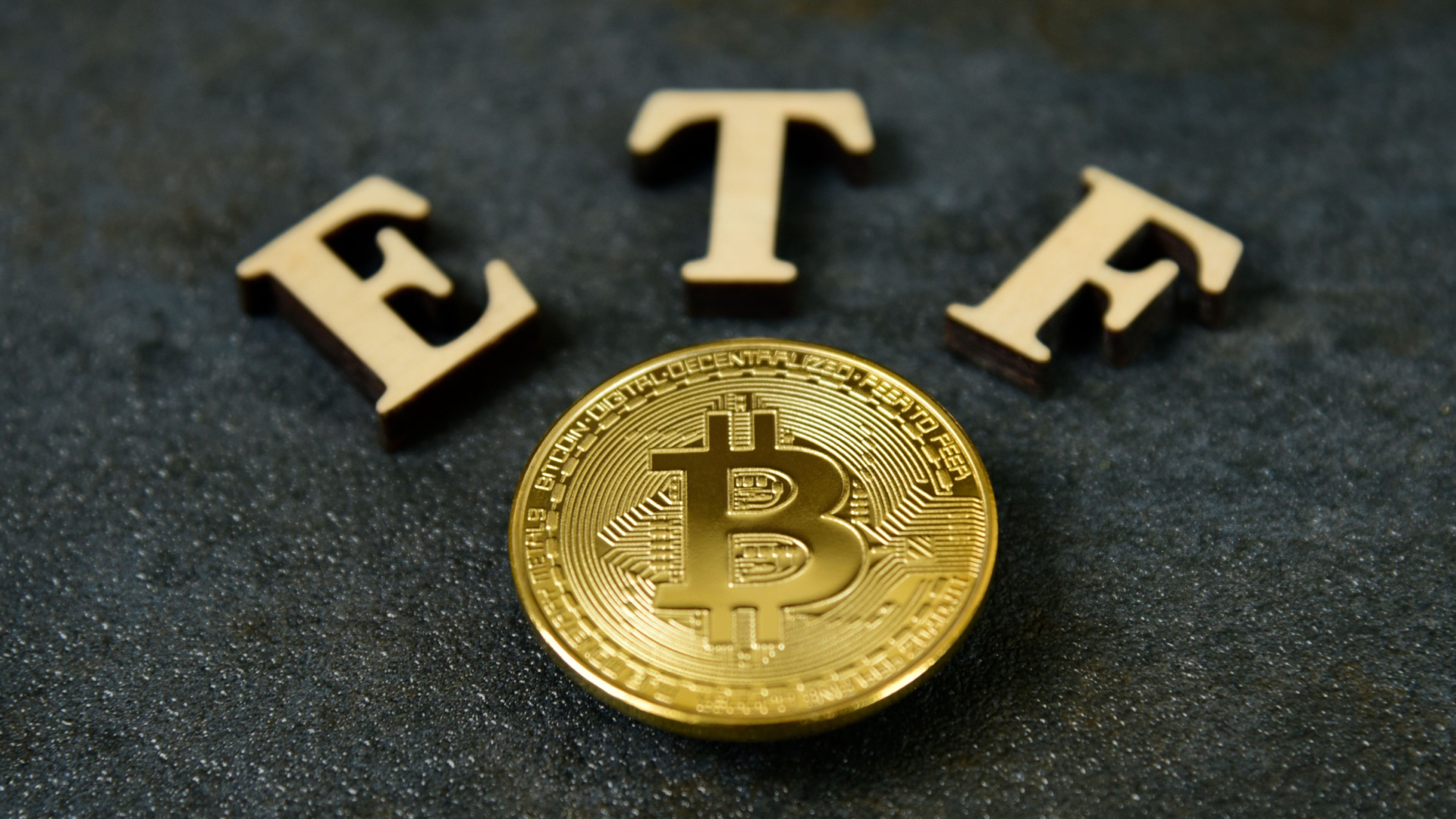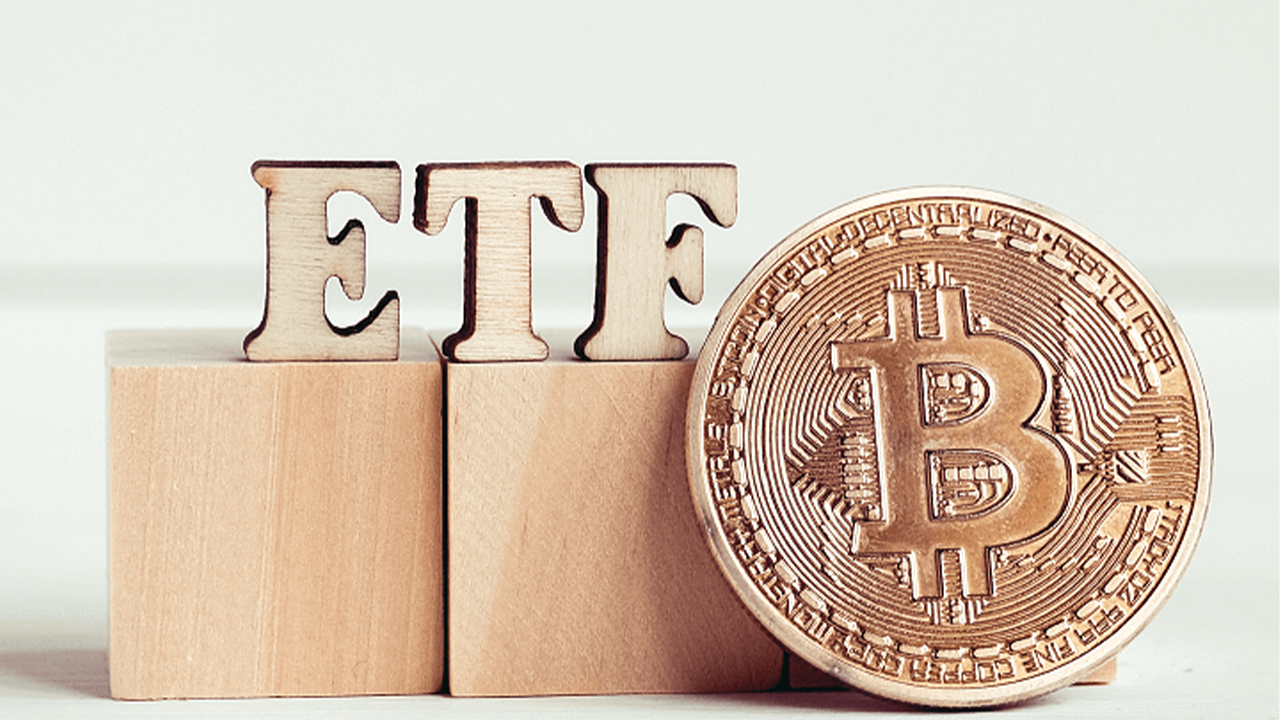What is an ETF?
What is ETF is an investment fund that has more than one asset class. Generally, they are assets that can be bought and sold on stock exchanges such as stocks and show price variability during the day.
What is ETF?
After the news that BlackRock will apply for Bitcoin EFT, ETFs became a subject of curiosity. ETF is an investment fund traded on securities exchanges. In addition, the ETF holds assets such as stocks, commodities or bonds and usually works with an arbitrage mechanism designed to keep deviations close to net asset value. Most ETFs have an index, such as a stock index or bond index.
ETFs offer investors the opportunity to invest in a broad portfolio of assets. ETFs are a common pool of various assets such as stocks, bonds, commodities or other financial instruments.
What are ETF Types?
ETFs are available in various types based on different asset classes and strategies. We will discuss the most well-known ETF types:
-Share
-Certificates
-Bonds
-Index
-Sector
-Country
-Commodity
-Currency
-Property
What is Bitcoin ETF?
The Bitcoin ETF allows investors to invest in Bitcoin easily and through a fund traded on traditional exchanges. In other words, ETFs allow us to invest in Bitcoin without using a crypto exchange. The price of Bitcoin EFT increases and decreases in direct proportion to the price movements of Bitcoin.
Bitcoin EFT allows traditional and institutional investors to easily invest in Bitcoin. EFTs can enable Bitcoin to be traded in a wider market.
Why Should We Buy ETF?
What is ETF? Now that we have found the answer to the question, we will now examine the answer to the question Why Should We Buy ETF?
Diversification: ETFs allow us to invest in many different asset classes. This can help us diversify your portfolio and spread risks. An ETF portfolio spread across different sectors, countries or asset classes can be less risky than investing in a single stock or asset class. ETFs allow us to diversify our portfolio.
Convenience and Liquidity: ETFs are mutual funds that are traded on stock exchanges and have a high trading volume. In this way, we can easily make trading transactions.
Low Costs: ETFs have lower costs than actively managed funds due to their passive management structure. This allows investors to see the composition and weightings of the assets in the fund.

































